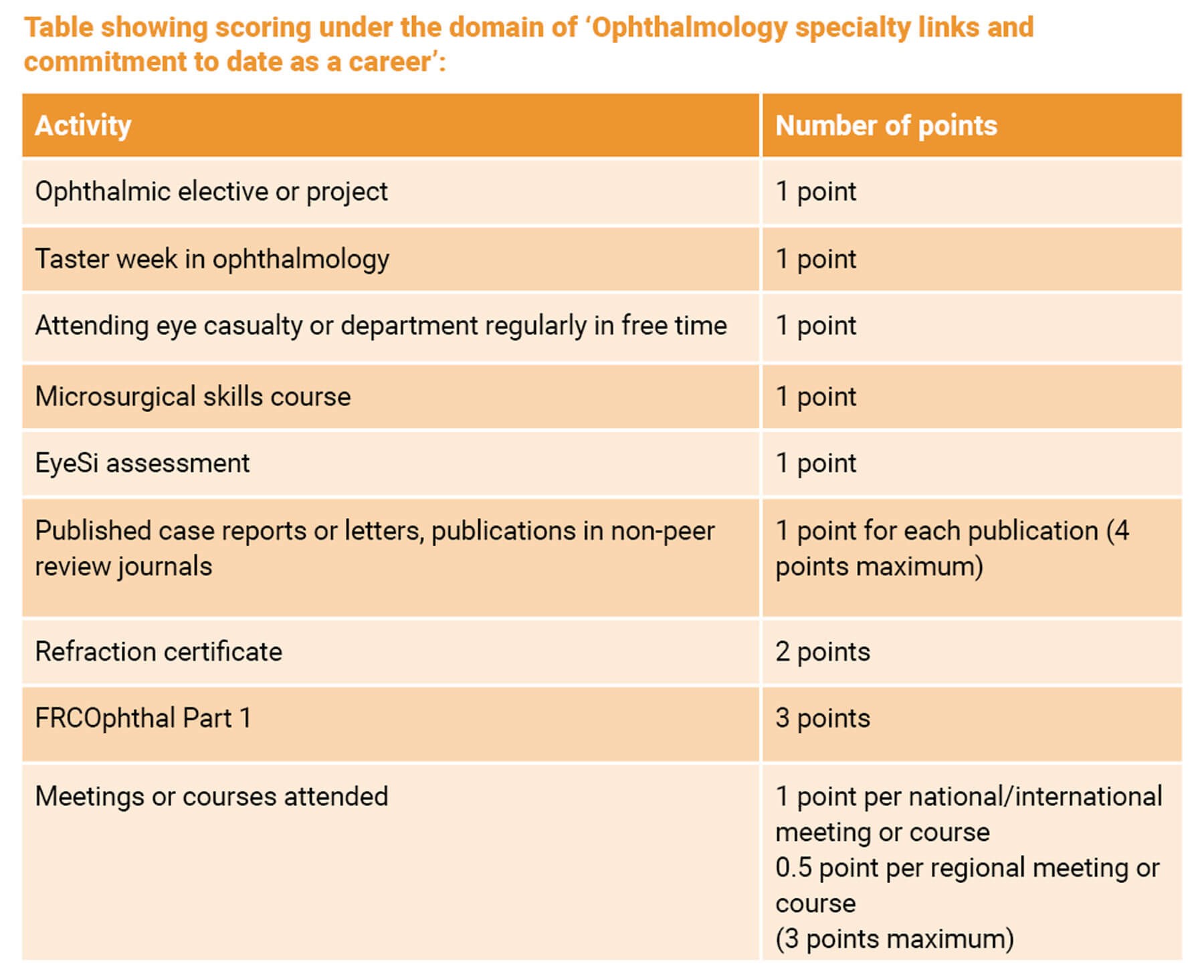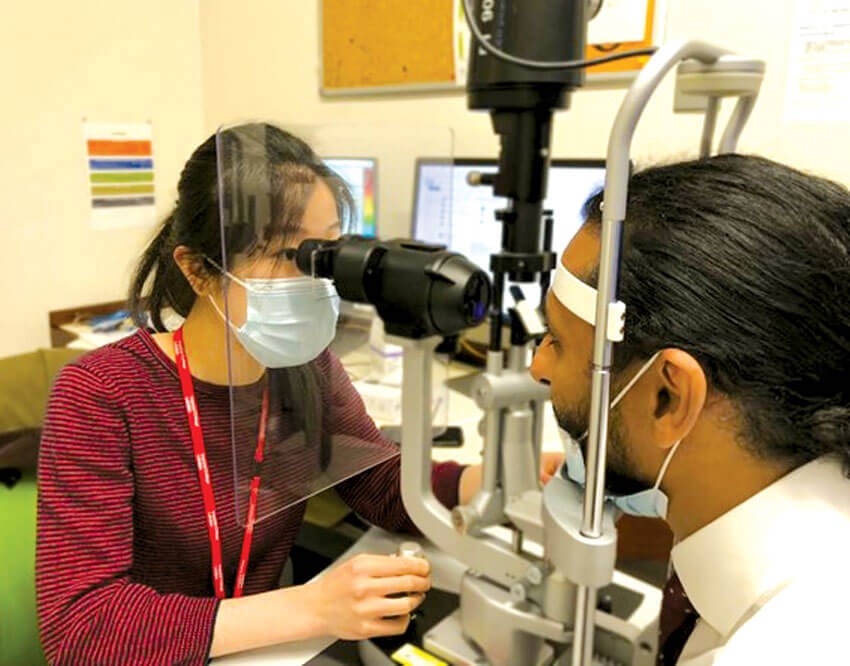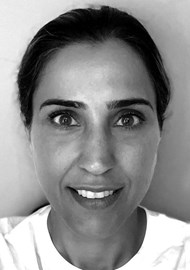If you are in your penultimate year (or even earlier) and have already decided that you want to do ophthalmology, good for you! Ophthalmology is one of the most competitive specialties, and one of the easiest ways to demonstrate your interest and commitment to the speciality is to do an elective in it. This is a guide for those who are planning their electives, plus some tips and tricks on how to make the most of this period of time.
Why should you do an elective in ophthalmology?
Apart from scoring one point on the portfolio, there are other benefits of doing an elective in ophthalmology.
Firstly, as you see patients with different pathology, it helps build up and consolidate your ophthalmology knowledge. This will come in helpful in exams such as the Duke Elder and Fellowship of Royal College of Ophthalmology exam.
Secondly, it is a very hands-on specialty where you can learn and practise a range of specialist examinations and skills during clinics. It is a very visual specialty (excuse the pun); there are many signs to see once you have got to grips with the equipment. Finally, you will gain greater insight into the life of being an ophthalmologist and help make an informed decision in choosing this specialty. You might also be able to identify your area of interest and any challenges linked to this field.

How to go about organising one
If you are planning to visit large teaching hospitals or tertiary centres, they often have an administrative team or person who is responsible for organising this. The best way of finding out what they offer, and the process, is to visit their official website.
Another way is to contact your local ophthalmology department affiliated with your medical school. If you do not know them, it can sometimes be helpful to get in touch with the ophthalmology clinical teaching fellow within the hospital, or to drop by the eye clinic and speak to any ophthalmologist who may be able to point you in the right direction.
If you have just finished an ophthalmology placement in medical school, it may also be worth going back through the contacts you have built up to try and identify if there is anyone who could offer advice and help.
Even though you may not have ophthalmology placements, speaking to trainees in your current placement of any specialty may be helpful as well. Some of them may have friends who are ophthalmology trainees or consultants.
For those who are keen to do some travelling…
MDU Elective Network website may be helpful for finding the best destination for you:
https://www.themdu.com/for-students/
your-elective/the-electives-network
United States: Many institutions require either United States Medical Licensing Examination (USMLE) Part 1 or university affiliations for them to accept you, but some offer virtual electives that any student can take part in. USMLE is a difficult exam and requires at least six months of preparation plus a sizable examination fee, thus you will need to plan in advance when best to take it.
Australia: Apply early! Large teaching hospitals with ophthalmology departments often accept applications 18 months in advance and may require a portfolio and cover letter for applications.
Hong Kong: You often need to apply at least one year in advance, as the hospitals are small in scale and have limited capacity to accommodate students. You also need to be aware that ophthalmology placements are often not available throughout every month of the year. July, August, and December are usually closed to external students. However, they have not yet reopened applications following COVID-19 as of June 2022.
More information on learning opportunities in Hong Kong:
https://www.med.hku.hk/en/
teaching-and-learning/elective-attachment
General tips
Speak to your seniors: Organising an elective can be stressful, particularly an ophthalmology-specific elective which requires advance planning and can be more competitive due to limited spaces. Getting advice and tips from your seniors is invaluable, and they can provide further location or hospital-specific feedback.
Research and organise early: If you already have an idea where you want to go, look up and note deadlines for application, as some may require you to apply a year in advance while others will not allow you to apply until six months before your start date! There are often lots of administrative processes involved, so it is important to start early to cushion for any delays or unresponsive emails.
Travel restrictions: Always check online about visas and COVID-19 restrictions of the destination country, as since 2020 these have been changing occasionally, so check regularly and get the latest update before you apply.
Costs: The NHS bursary covers both accommodation and travels for overseas or local electives, but not flights. Meanwhile, other hidden costs during the process of application, such as occupational health screening (if your university does not provide certain blood tests or vaccinations for free) and non-refundable administrative fees.
Patrick-Trevor-Roper Prize Undergraduate Bursary: This is an annual award held by the Royal College of Ophthalmologists that can support funds for your electives. In 2022, the number of prizes will be doubled to celebrate the 25th anniversary of the prize, where six prizes will be awarded instead of the usual three. This can also count towards your portfolio.
Language: Look out for places that require you to speak non-English languages, and think about how much you can get out of the experience if you cannot fluently speak the language in that country. Your medical school may also require you to be able to speak the primary language in that country. This does not preclude you from going to a country where you do not already speak the language, but may require you to invest time and effort into learning a new language.
How to make the most of your placement
Read up prior to attending, with similar principles to medical school placement. The more you put into it, the more you will get out of it as you will be able to understand which conditions you are seeing, and allows for a more in-depth and stimulating discussion of why certain management options were favoured over the other.
Document what you have done in the form of reflection, formal letters, or a logbook. It will not only be essential evidence when you come to putting together your portfolio, it will also help you recall interesting cases.
Speak to the trainees and consultants for advice on applying, their reasons for choosing ophthalmology and how they have found it thus far. You may not always see everything within the day-to-day lives of an ophthalmologist, and by talking to them you will be able to gain a better insight.
Get involved! Depending on how busy your clinic is you may be able to try using a slit-lamp, perform an ophthalmoscopy or use specialist equipment. Even taking a history and clerking patients in the urgent eye clinic may be very helpful for learning. This will also give you a good idea of whether you would enjoy this in the long term.
Don’t be afraid to ask questions. The more you ask, the more you learn; ophthalmologists are usually very happy to explain and talk you through what they are doing. Sometimes you may also get more opportunities to get hands-on, as you show more interest!

My experience at the Western Eye Hospital
As I rotated through a different ophthalmology subspecialty each week, I started to appreciate the variety of an ophthalmologist’s work both in clinics and theatres. All the consultants and trainees were very keen to get me involved and teach some basic examination skills in the clinic such as using the slit-lamp, direct and indirect ophthalmoscopy, and tonometry.
Eye casualty was the best place to see various symptoms and signs, and I would say I have learnt the most in this department! Apart from seeing various chemical eye injuries, I also had the chance to remove a superficial corneal metal foreign body. It was very humbling and exciting to have made a difference to someone’s care even as a medical student on elective. Meanwhile, I had the chance to attend lectures, practical teaching sessions and multidisciplinary meetings as well, to broaden my knowledge of the specialty.
I keep in contact with my supervisor, who has given me helpful advice on being a doctor in general and as an aspiring ophthalmologist. I would highly recommend this placement to anyone who is interested in pursuing ophthalmology and learning from friendly ophthalmologists.
Declaration of competing issues: None declared.
COMMENTS ARE WELCOME














